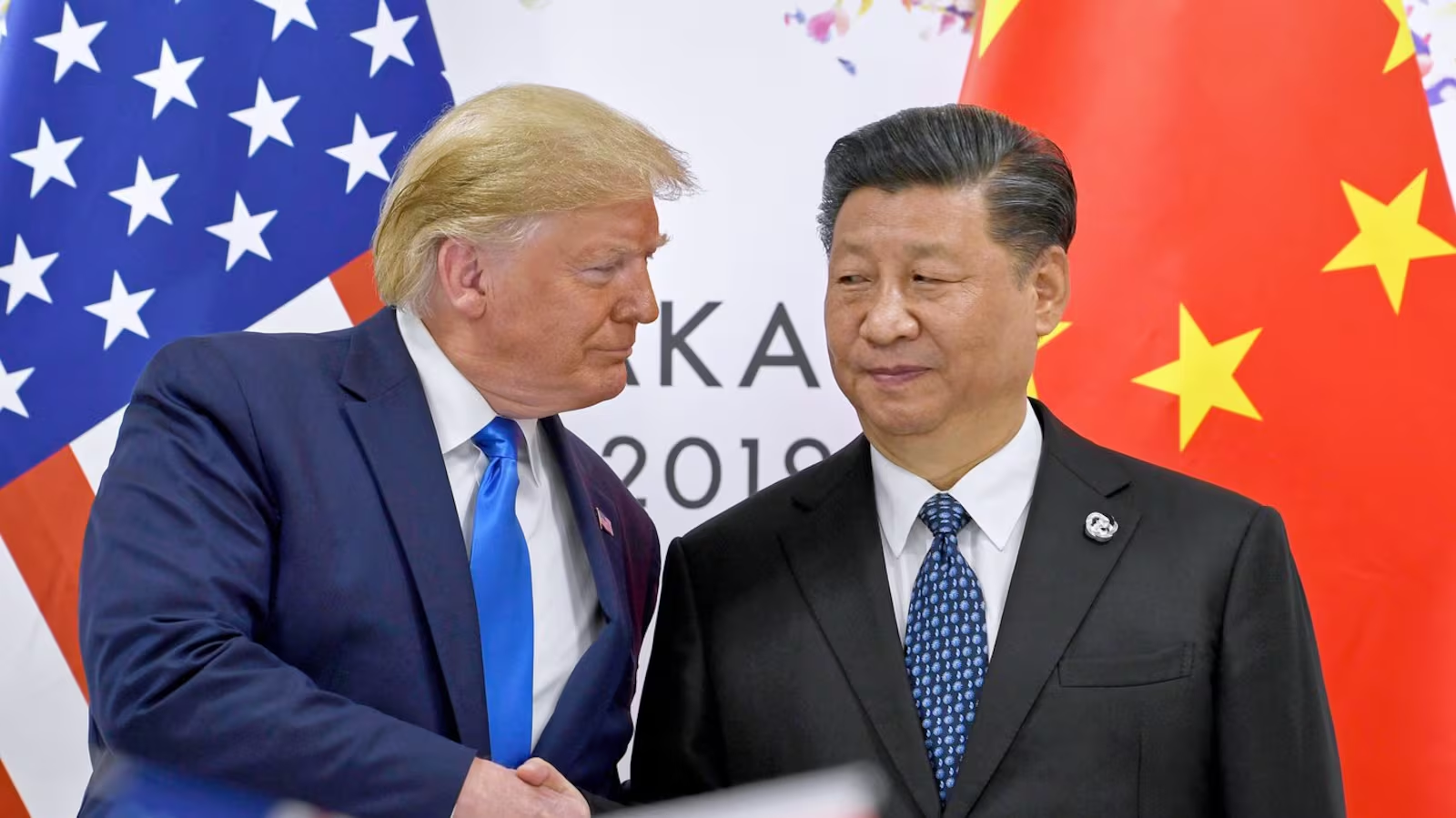WASHINGTON — U.S. President Donald Trump announced Friday that his administration will impose a 100% tariff on all Chinese imports starting November 1 — or sooner, depending on Beijing’s actions — in response to China’s new export restrictions on rare earth elements, reigniting fears of a destabilizing global trade war.
The announcement, posted on Trump’s social media platform after markets closed, rattled investors and raised the prospect of tariffs returning to levels not seen since April, when similar threats triggered steep market selloffs and recession concerns. The S&P 500 slid 2.7% Friday on renewed trade tensions, its worst day since the spring tariff scare.
“Starting November 1st, 2025 (or sooner), the United States of America will impose a Tariff of 100% on China, over and above any Tariff that they are currently paying,” Trump wrote.
He also pledged to restrict the export of “critical software” from American companies to China, signaling a hardening stance on technology flows. The move followed Beijing’s decision Thursday to tighten export controls on rare earth elements, which are essential for electronics, chips, military technology, and clean energy production.
China’s new rules require special permits for foreign companies shipping rare earths abroad and block any exports tied to military goods. The European Union Chamber of Commerce in China warned the measures add “further complexity” to global supply chains already strained by earlier controls.
Trump suggested — without evidence — that China timed the announcement to upstage the recent ceasefire agreement between Israel and Hamas, writing, “I wonder if that timing was coincidental?”
The president also cast doubt on his upcoming meeting with Chinese President Xi Jinping, planned during his late-October trip to Asia. “There seems to be no reason to do so,” Trump posted, leaving the door open to cancelling their bilateral encounter at the APEC summit in South Korea.
The threat marks a sharp escalation in U.S.–China tensions, potentially ending the “tariff truce” that reduced U.S. import taxes to 30% and China’s to 10% earlier this year after negotiations in Switzerland and the U.K. Analysts say the new measures could effectively freeze bilateral trade, which had only just begun to recover.
Experts warn that both countries are simultaneously reaching for their economic weapons. “The risk is clear: Mutually assured disruption between the two sides is no longer a metaphor,” said Craig Singleton of the Foundation for Defense of Democracies.
With China producing 70% of rare earths and 93% of permanent magnets, Beijing holds significant leverage. “These restrictions undermine our ability to develop our industrial base at a time when we need to,” said Gracelin Baskaran of the Center for Strategic and International Studies.
Whether Trump’s announcement represents negotiating posturing or the beginning of a full-scale trade war remains unclear. But both sides appear unwilling to back down — raising the stakes for the global economy.

